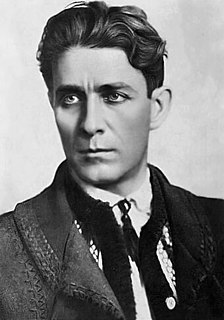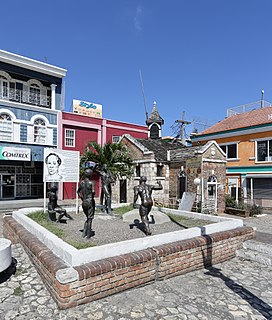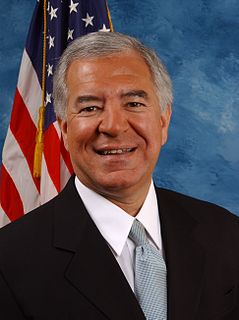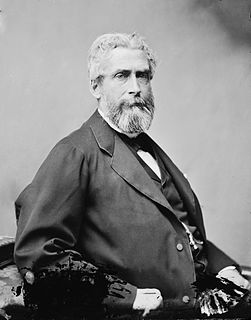Ein Zitat von Ambrose Bierce
OVATION, n. Im antiken Rom gab es einen eindeutigen, formellen Festzug zu Ehren von jemandem, der den Feinden der Nation keinen Dienst erwiesen hatte. Ein geringerer „Triumph“.
Themen zitieren
Verwandte Zitate
Eine Nation lebt für immer durch ihre Konzepte, Ehre und Kultur. Aus diesen Gründen müssen die Herrscher der Nationen nicht nur auf der Grundlage der physischen und materiellen Interessen der Nation urteilen und handeln, sondern auch auf der Grundlage der historischen Ehre der Nation und ihrer ewigen Interessen. Also: nicht Brot um jeden Preis, sondern Ehre um jeden Preis.
In „Roma“ wollte ich die Idee vermitteln, dass sich unter dem heutigen Rom das antike Rom befindet. So nah. Das ist mir immer bewusst und es begeistert mich. Stellen Sie sich vor, Sie stünden am Kolosseum im Stau! Rom ist die schönste Filmkulisse der Welt ... Wie bei vielen meiner Filmideen war auch hier die Inspiration ein Traum.
Westliche Gesellschaften vom antiken Athen über das kaiserliche Rom bis hin zur Französischen Republik brachen selten zusammen, weil es an Ressourcen mangelte oder weil sich ausländische Feinde als zu zahlreich oder gefährlich in Waffen erwiesen – selbst wenn es sich bei diesen Feinden um erbitterte Mazedonier oder Deutsche handelte. Vielmehr entstand in Zeiten des Friedens und des Wohlstands eine unwirkliche Sicht auf die Welt jenseits ihrer Grenzen, die das Ergebnis einer durch den Erfolg hervorgerufenen Isolation und einer intellektuellen Arroganz war, die für manche das unglückliche Nebenprodukt einer aufgeklärten Gesellschaft sein kann.
Es gab ein Match in Alaska, das ich mit Beth Phoenix bei einer Hausshow hatte, wo wir stehende Ovationen von Ric Flair, Triple H, John Cena und Arn Anderson bekamen. Ich konnte so viel mit ihr arbeiten, dass wir die Körpersprache des anderen kannten. Bekam Standing Ovations von der gesamten Umkleidekabine. Es war wundervoll.
Was sagt die Geschichte über Ansehen ohne Ehre, Reichtum ohne Weisheit, Macht und Besitz ohne Prinzipien? Die Antwort wird im Sturz der mächtigsten Reiche der Antike wiederholt. Babylon, Persien, Griechenland, Rom! Die vier aufeinanderfolgenden, universellen Mächte der Vergangenheit. Was und wo sind sie?
Seit dem Bau von Konstantinopel und der Verlegung des Regierungssitzes in diese Stadt gab es keinen politischen Streit zwischen Rom und Ägypten. Das heidnische Rom hatte seit der Vereinigung der beiden Länder unter Augustus, sofern es nicht durch Aufstände unterbrochen wurde, eifrig den Aberglauben Ägyptens nachgeahmt, und das christliche Rom folgte immer noch demselben Weg.
Fünf Jahre nach diesem brutalen Angriff ist Amerika der Beweis dafür, dass eine Nation, die auf Freiheit und Gleichheit gegründet ist, Bestand haben wird. Es ist ein Triumph von Millionen Amerikanern, aber es ist auch der Triumph einer Idee, die größer ist als jeder einzelne Mensch, größer als jede einzelne Nation.
Wäre die Bibel in einer klaren, klaren Sprache verfasst gewesen, wären die Unklarheiten und Widersprüche herausgeschnitten worden und wäre die Sprache ständig modernisiert worden, um sie dem Zeitgeschmack anzupassen, wäre sie mit ziemlicher Sicherheit ein Werk von geringerem Einfluss gewesen oder geworden.

































